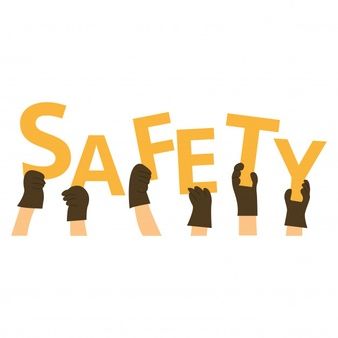We all seek luxury, as we step up the economic ladder in our lives. The bigger the growth, the bigger the brands. In the luxury goods world, where sophistication is often the selling point, a darker reality lurks behind the scenes. Recent revelations about child labour in the perfume industry, coupled with similar accusations against many other major brands including the likes of H&M, shed light on the glaring disconnect between brand promises and ground realities. This dichotomy raises pressing questions about the moral responsibilities of global brands.

Child Labor in the Perfume Industry
A BBC investigation has unveiled distressing evidence of child labour in Egypt’s jasmine fields, where minors are forced to pick flowers for suppliers of prominent brands like Lancôme and Aerin Beauty. Despite their “zero tolerance” policies on child labour, these brands find themselves embroiled in controversy. The jasmine pickers, driven by low wages resulting from budget cuts imposed by luxury fragrance companies, are compelled to involve their children in night-time harvests, violating Egyptian labour laws that prohibit work for children under 15 between 7 pm and 7 am.
In A BBC Interview, Heba, an independent jasmine picker in the Gharbia region, wakes her four children, aged between 5 and 15, at 3 am to start picking flowers before the sun’s heat damages them. On the day, Heba’s family earned a mere $1.50, a stark contrast to the exorbitant retail prices of perfumes like Lancôme Idôle L’Intense ($118) and Aerin Beauty Ikat Jasmine ($150). This disparity highlights the exploitative dynamics at play, where the most vulnerable workers bear the brunt of budget constraints dictated by powerful perfume companies.
H&M and the Fashion Industry’s Ethical Failures
The perfume industry is not alone in facing such ethical dilemmas. H&M, one of the world’s largest fashion retailers, has also been accused of pushing children to work in substandard conditions. Reports have surfaced of children in supplier factories working long hours in unsafe environments for minimal pay. These revelations mirror the systemic issues found in the perfume industry, where the glamorous exterior hides the grim exploitation of labour.
The Disconnect Between Promises and Reality
Luxury brands frequently tout their commitment to ethical sourcing and human rights, often making pledges in line with United Nations standards to end child labour. However, the truth is far from this, revealing a significant gap between these promises and actual practices.
These big companies wield ultimate power, enforcing budget cuts that drive suppliers to source the cheapest labour, often at the expense of workers’ rights and well-being.
Also Read: Is Taylor Swift Joining MCU As A Superhero?
The Need for Social Responsibility
The revelations about child labour in the perfume and fashion industries underscore the urgent need for brands to reassess their moral compass. Companies must move beyond mere lip service and take concrete actions to ensure the well-being of their labour force. This includes implementing robust oversight mechanisms, ensuring fair wages, and maintaining transparency throughout the supply chain.
Brands have a social responsibility to uphold ethical standards and protect the rights of all workers, particularly the most vulnerable. Consumers, too, have a role to play by demanding greater accountability and transparency from the brands they support. By highlighting the plight of workers like Heba and her children, we can push for meaningful change that aligns the luxurious sheen of high-end products with genuine ethical practices.

Freepik
The ethical failings in the perfume and fashion industries serve as a stark reminder that luxury should not come at the cost of human dignity. Brands must be held accountable for their supply chains and ensure that their products do not carry the scent of exploitation. It is time for a collective awakening to the realities faced by workers, and for a concerted effort to transform pledges into practice, ensuring that the promise of ethical sourcing becomes a reality for all.


